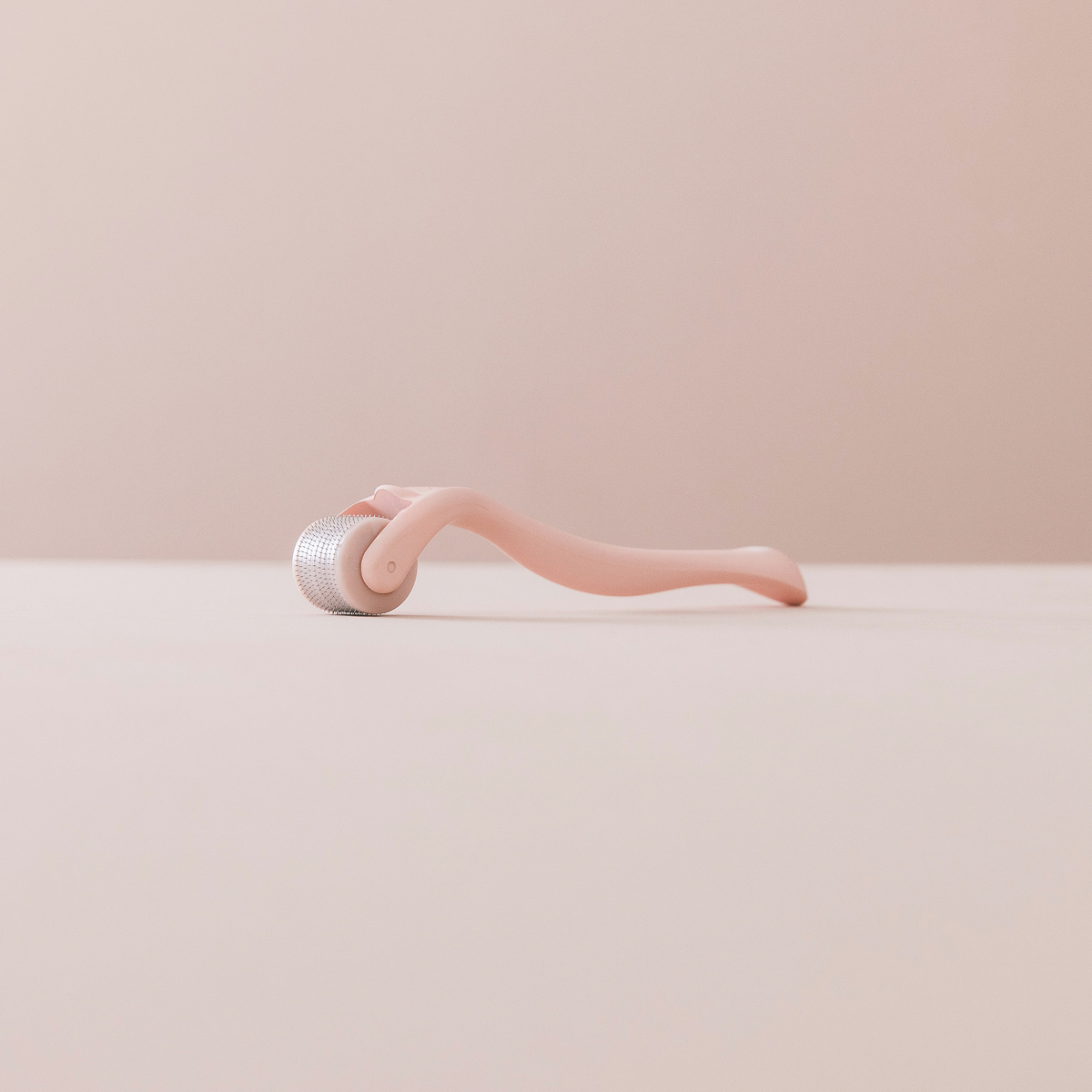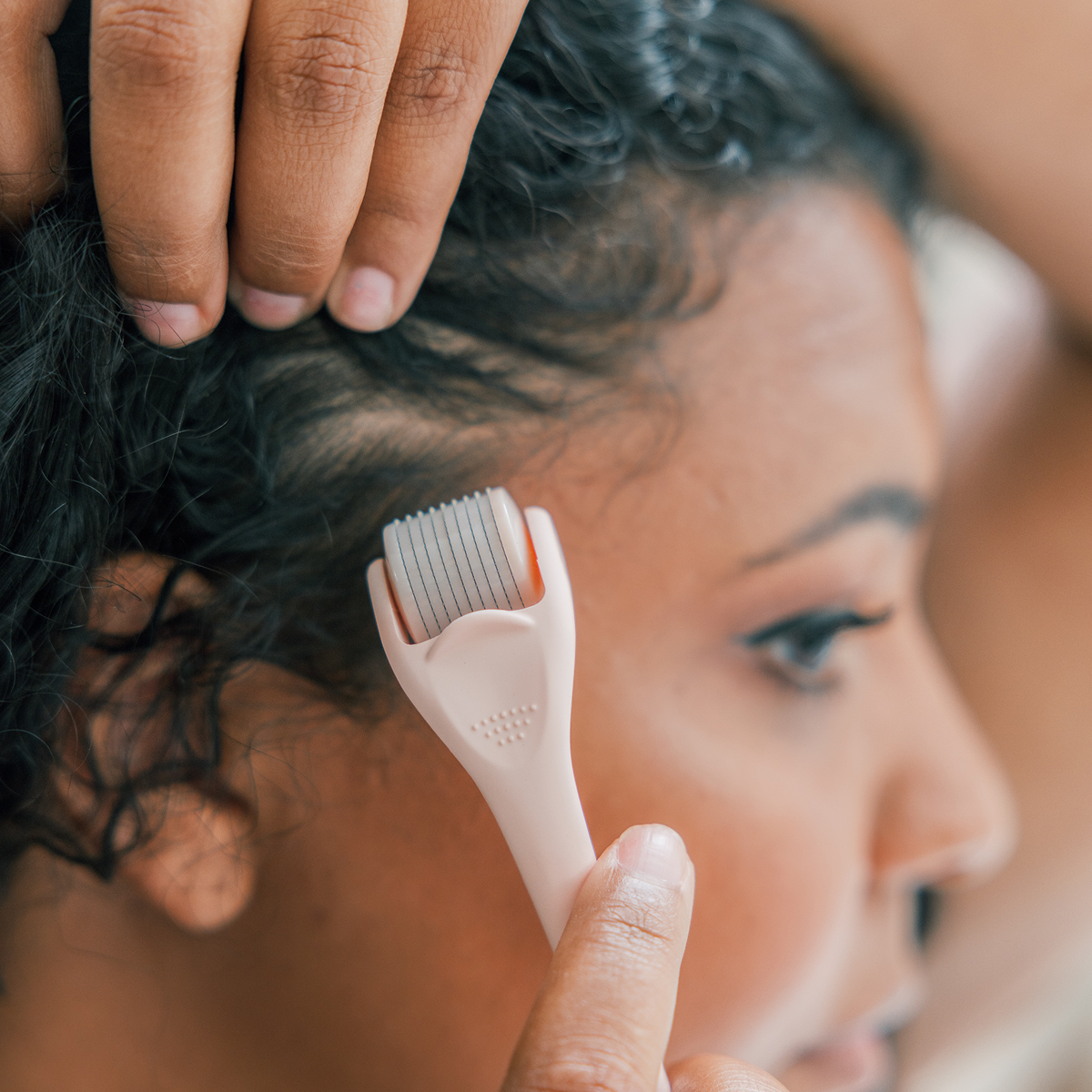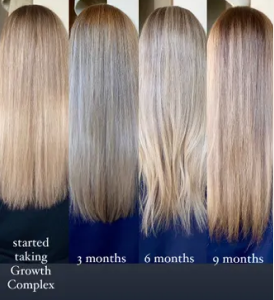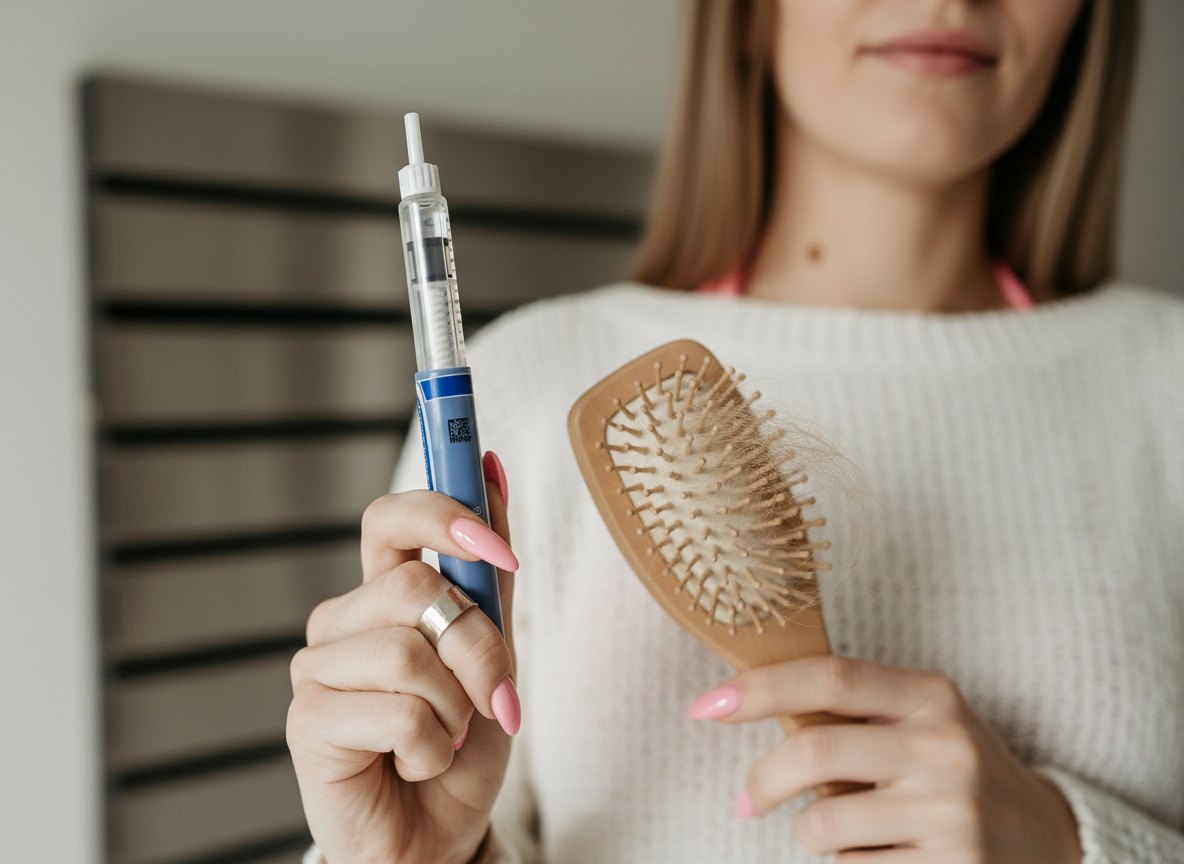As much as we all want hair like the Disney Princess Elsa, it’s not all magic swirls and bouncy, healthy hair when the cold weather hits. In fact, your hair is much more vulnerable to breakage when it’s cold outside – especially when you expose wet hair to sub-zero temperatures. What do you need to know about frozen hair and its repercussions?
Is frozen hair really all that damaging?
It happens – you’re in a rush and burst outside with damp or wet hair. You walk to work, to your car, to the store, and everything seems alright. But when you touch your hair, it’s frozen into an icicle.
While frozen hair might not seem like a big deal, especially after it thaws out, your hair is actually now less pliable and much more susceptible to breakage – especially if your hair is curlier. Frozen hair can be incredibly damaging, especially if you experience a freezing state multiple times.
What happens when your hair freezes?
Our hair is porous, which means it easily absorbs and holds water. Since water expands when it freezes, all those expanding water molecules stress and stretch your hair cells to their limits.
Think about it this way: have you ever left a can of soda or beer inside a freezer? When the drink freezes, the water expands and bursts the can, leaving a huge mess. Fortunately, our hair is much more pliable than an aluminum can, but even so, that expanding water still does damage.
Tips to avoid frozen hair
The simplest tip to avoid frozen hair is: never expose damp or wet hair to cold weather. But life is never that easy, is it? Here are some simple tips you can implement today to help avoid frozen hair and the damage it can cause.
Shower at night
Instead of showering in the morning, right before you head out into the cold, consider shifting your schedule to allow for nighttime showers. This has the added bonus of giving your hair more volume in the morning! After showering, carefully squeeze out the excess water from your hair, then use a microfiber towel to absorb as much as you can before you hit the hay. If for some reason you don’t have a towel, a cotton t-shirt is a great alternative too!
Seal in your hair cuticle with natural oils
Keep your hair strong by deep conditioning and sealing it with a healthy, natural oil like argan oil. Argan oil also helps your hair to dry faster, so it’s great to use if you’re in a hurry and waiting for your hair to dry. Plus, if you do have damage from dealing with frozen hair in the past, argan oil is a great way to reduce that damage.
Wear a hat
If you absolutely must leave the house while your hair is still damp, then make sure you wear a thick hat and tuck up any loose strands so they won’t freeze. Keeping your body heat trapped by your hat will keep your strands from freezing while you walk to your car or into work. This is also a helpful tip if you plan on hot-tubbing in the cold!
Tips to repair frozen hair
If you live in an area where the temperature regularly plummets below zero, you’ve probably experienced freezing damage, even if you don’t know it. Whether you know that your hair's already been frozen this winter season or you just live somewhere with below-freezing temperatures, try out these simple tips to help repair any of the damage done.
Use hydrating serums and leave-in conditioners
Strengthen and repair your hair and lock-in moisture with hydration serums and deep conditioners. An overnight hair mask is a great way to push back against some of the most significant damage you might be experiencing. Argan oil is also a great hair-repair solution!
Use natural oils
Smooth some avocado oil into your hair tips to help strengthen and bind split ends. Avocado oil is rich in vitamin E and even acts as a bit of a sunscreen. While you might not think sunscreen is especially important in the winter, wintertime in places with snow is actually often more sunny than summertime, as the sun reflects off the snow, and that sun still holds harmful UV rays.
Stay hydrated
Be sure to drink plenty of water to stay hydrated–the general suggestion is eight 8-oz cups per day, but depending on how active you are, you may need more or less than this. A good suggestion is to sip water throughout the day; consider buying a bottle that you can keep with you. Proper hydration gives your body the ability to keep all of your cells properly hydrated, including your hair cells.
Maintain healthy hair even during freezing temperatures
There’s no reason to let the winter temperatures reduce your hair’s strength and durability. With these tips, you can make it through winter with happier, healthier hair. Keep your hair moisturized, try not to head out with wet hair, and make sure you’re keeping an eye on other indicators of your hair health. Your hair will thank you all year long!
FAQs: Winter Hair Care: Essential Tips to Prevent Frozen Hair
How cold does it need to be to freeze my hair?
Any time the temperature outside drops below 32° Fahrenheit or 0° Celcius, which is the freezing point of water, it’s possible for your hair to freeze. In practice, however, it’s much more common for hair to freeze only when it becomes extremely cold, usually lower than 0° Fahrenheit. Still, it’s important to start taking precautions when the weather becomes cold in general, as any amount of water crystallization in your hair can cause damage.
Is winter generally bad for hair?
Winter can have negative impacts on your hair just like summer. All seasons can have an impact on your hair. Generally, the problems you run into during the winter are that the air is extremely dry, which can leech moisture from your hair, and that the cold can result in wet hair freezing. Keeping your hair safe from the UV rays that can reflect off the snow is also extremely important.
How do I know if I’ve experienced frozen hair?
It can be very difficult to tell whether your hair has frozen just from looking at it. Plus, if it freezes, but you don’t get a chance to touch the hair until you’ve already walked inside and it’s melted, there will be no way for you to know. This is one of the reasons it’s generally considered a good idea to take precautions to avoid frozen hair entirely by making sure your hair is dry before you leave the house. It could also be helpful to give your hair some extra TLC during the winter regardless of how often you think you’ve experienced frozen hair.
Feature photo by Igor Stepanov on Unsplash



























